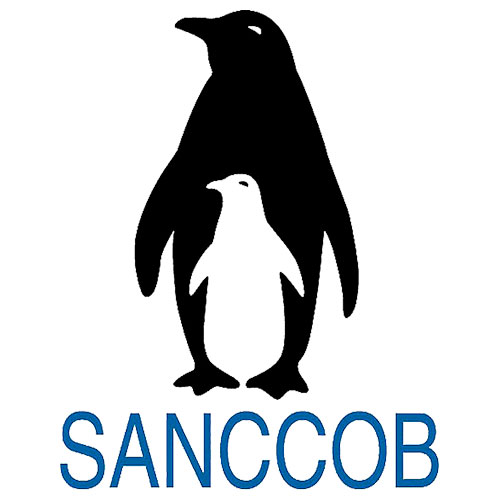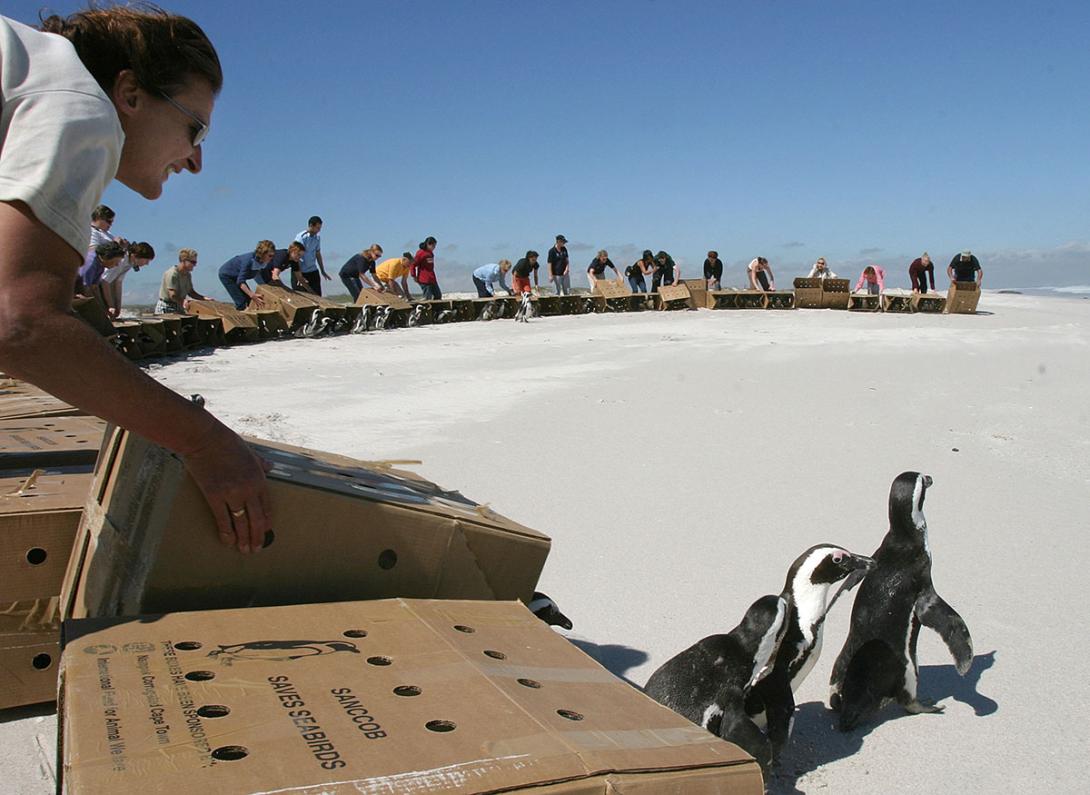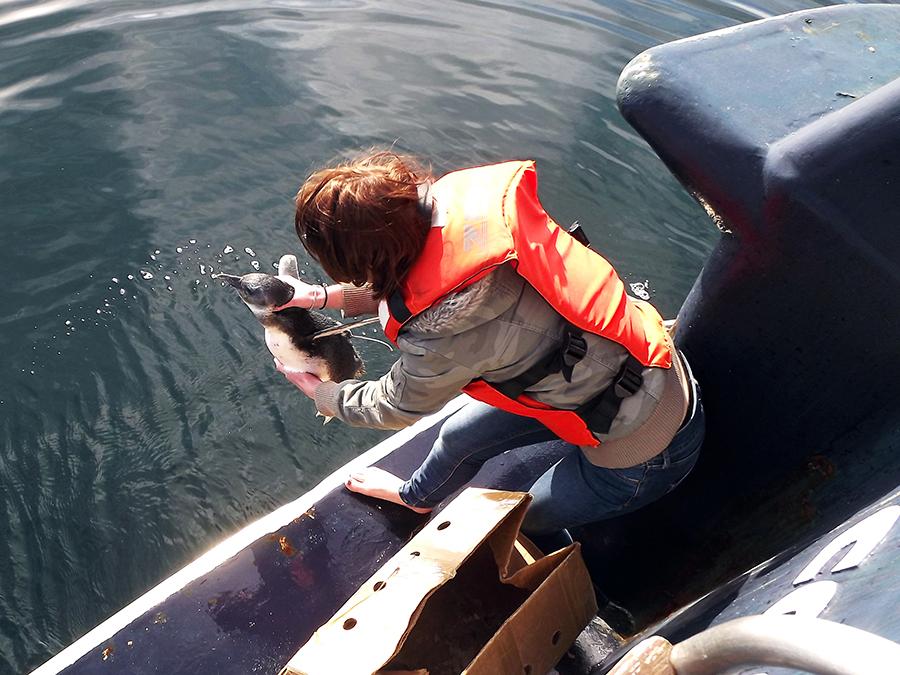SANCCOB
Estimated between 1.5 and 3 million individuals at the beginning of the 20th century, the population of African Penguins (Spheniscus demersus) has declined to an alarming extent, reaching only an estimated 300,000 individuals in 1956 and barely 30,000 today. That represents a loss of more than 97% of the global wild population!

There are several factors in this dramatic decline. Its origins lie in activities that are now banned: egg-collecting and the gathering of guano which the penguins need to make nests.
Nowadays, African penguins face new threats: pollution (oil dumping and spills), the dwindling of their food sources due to over-fishing and the changes in ocean currents, extreme weather events (floods, heat waves) aggravated by climate change, predation from wild cats and dogs, diseases (avian flu) and the disturbance caused by badly supervised tourism. African penguins have been identified by the IUCN Penguin Specialist Group as one of three (of the global 18 species of penguin) that require urgent conservation intervention.

To minimize the threats of the colonies found in South Africa, the Southern African Foundation For The Conservation Of Coastal Birds (SANCCOB) develops a strategy consisting in:
- protecting and restoring the habitat and improving the nesting sites (plant supply to provide more shade, building of artificial burrows…), prevention of flood risks;
- rescuing and rehabilitation of weakened, oiled or sick penguins before releasing them into the wild;
- reinforcing the wild colonies: at the end of every annual breeding season, late-born chicks are abandoned by their parents, either because the latter are beginning to moult (which means ceasing to feed their young) or because they want to flee the rising heat. SANCCOB takes in these malnourished chicks, which would otherwise die, and bring them up in a specialized nursery, reintroducing them into the colony once they have their waterproof feathers.

In addition to these actions, the SANCCOB carries out disease surveillance and conducts research on the pathologies that may affect the species. It also marks released individuals with transponders to assess the birds’ movements between different colonies. Finally, it is developing an educational program for schoolchildren and visitors to its rehabilitation centers.
SANCCOB is a conservation programme for African penguins in South Africa supported by the Palmyre Conservation endowment fund.